Kenyan volunteer and Miss Environment Kenya Elgeyo Marakwet Janet Chemitei chats about the country’s dependency on the (plastic) bottle.
August 28th 2017, environmentalists felt happy with their progress and achievement – the entire population, however, zero enthusiasm. The plastic ban was supposed to work and save our environment the agony of an ugly menace that plastics come with.
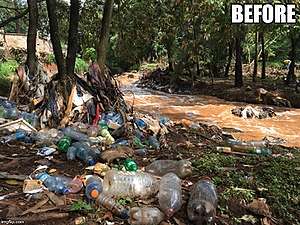
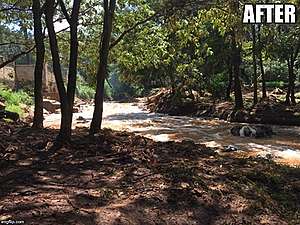
As a young child, I remember I was baptised in a river, very clean and fresh, nothing to worry about. Right now, I cannot even imagine dipping my feet in the water. So much has changed since then; plastic pollution is rife.
Despite the ban, plastics continue being a huge part of our lives; packaging, bottling, you name it all! And while there is a slight reduction in the number of plastic bags that find their way into rivers, single-use plastic bottles have been quite the accessory of water bodies, drainage systems and landfills. They are disposed of, left laying down begging for attention; yet the only action they might get is being kicked when it comes across someone’s way.
Nairobi for instance (and I have been here for almost four years now) which you might think it would be the embodiment of cleanliness as the capital city, it is not even close.
The governor of Nairobi introduced a monthly clean-up exercise which only worked well for that day and a few days afterwards, simply because the spirit of a cleaner and healthier environment seems to be exclusively locked within our boundaries; our homes and our workplaces.
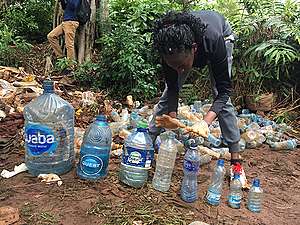
Matatu (minibus) passengers and drivers carelessly throwing emptied bottles of water, fruit juices and soda are a common occurrence – even though the public vehicles already have dustbins hanging or placed somewhere in them.
As I go to class every day, I always come across used bottles in a ditch or drainage filled with stagnant water, just floating and looking uglier by the day. As long as it is not at any business owner’s door, it is left to be. How long are we going to depend on others to do what all of us should be doing without being directed to do so?
Greenpeace Africa volunteers are keen to change the mindset of plastic dependency. For a while now we have been conducting plastic surveys and audits, so we get to know and understand everyone’s story in a bid to find an easy and effective way of curbing the growing single-use and disposal of plastic epidemic.
We engage both men and women from universities to the women who sell groceries to us in markets. In Githurai for example, we have been able to reach out to a number of vendors, enabling us to find an effective approach to curbing single-use plastic.
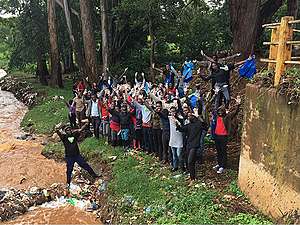
It is for our own benefit that we practice reducing, reusing and recycling, as tough as that may sound. We need to adopt sustainable practices that result in less pollution. After all, we all share the Earth.

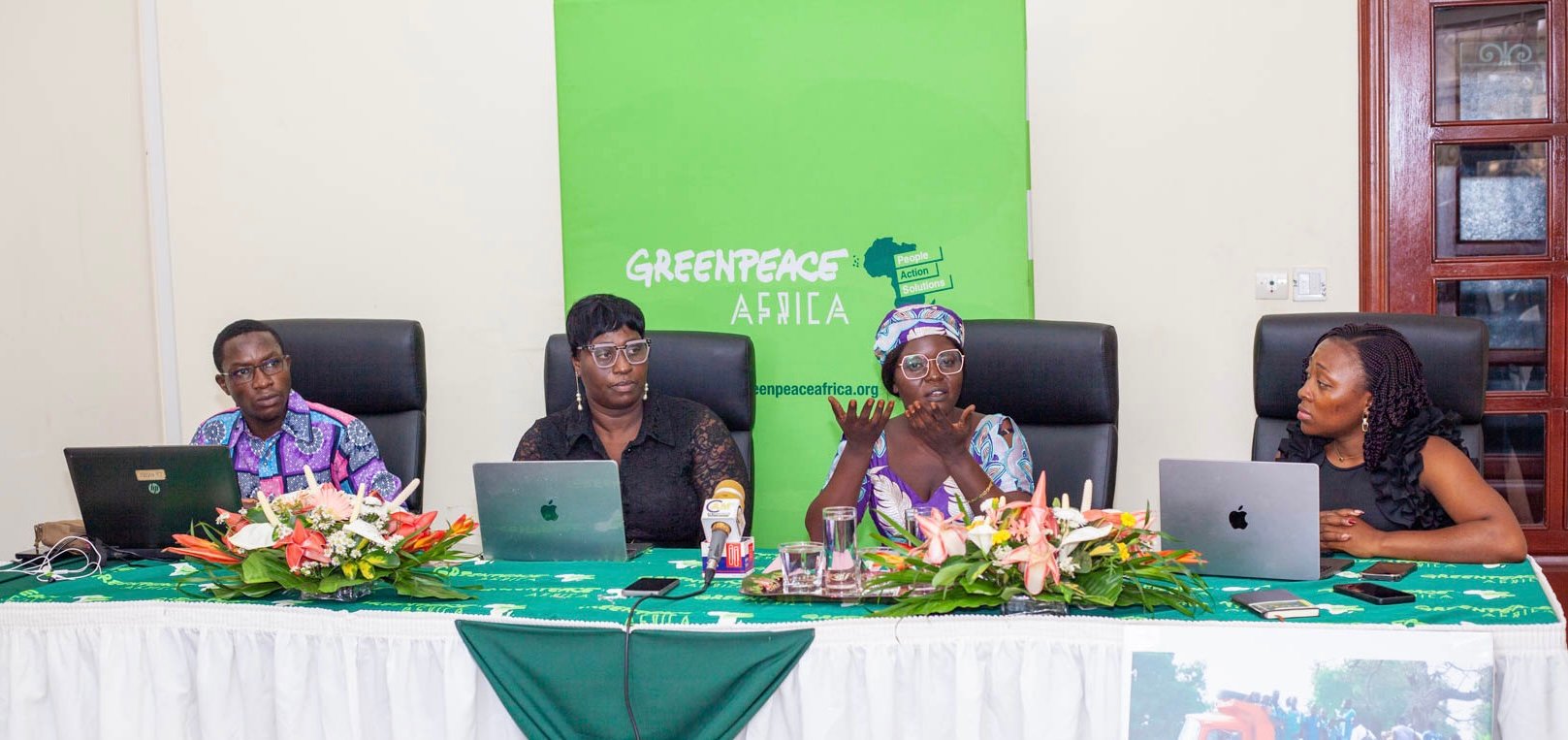
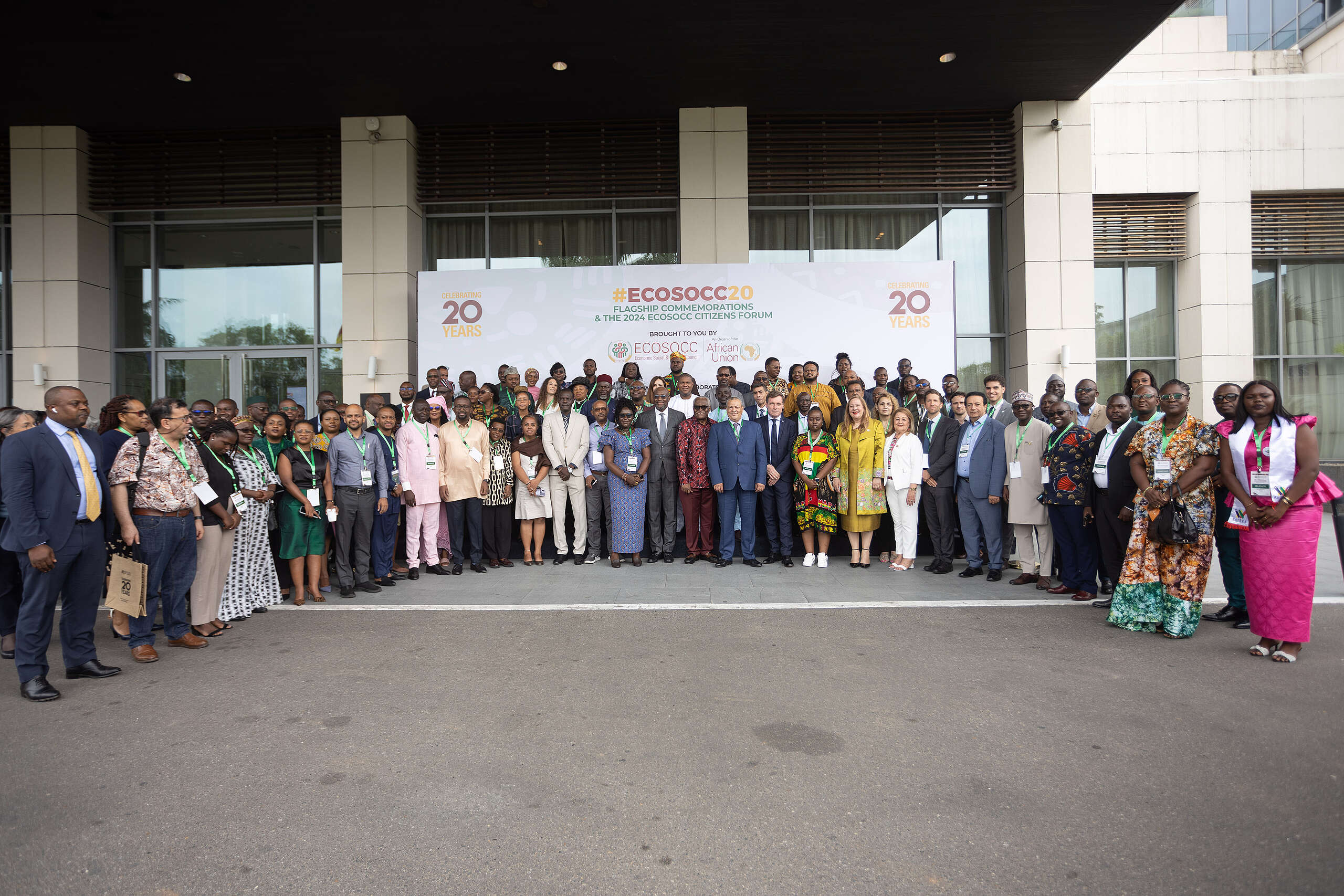
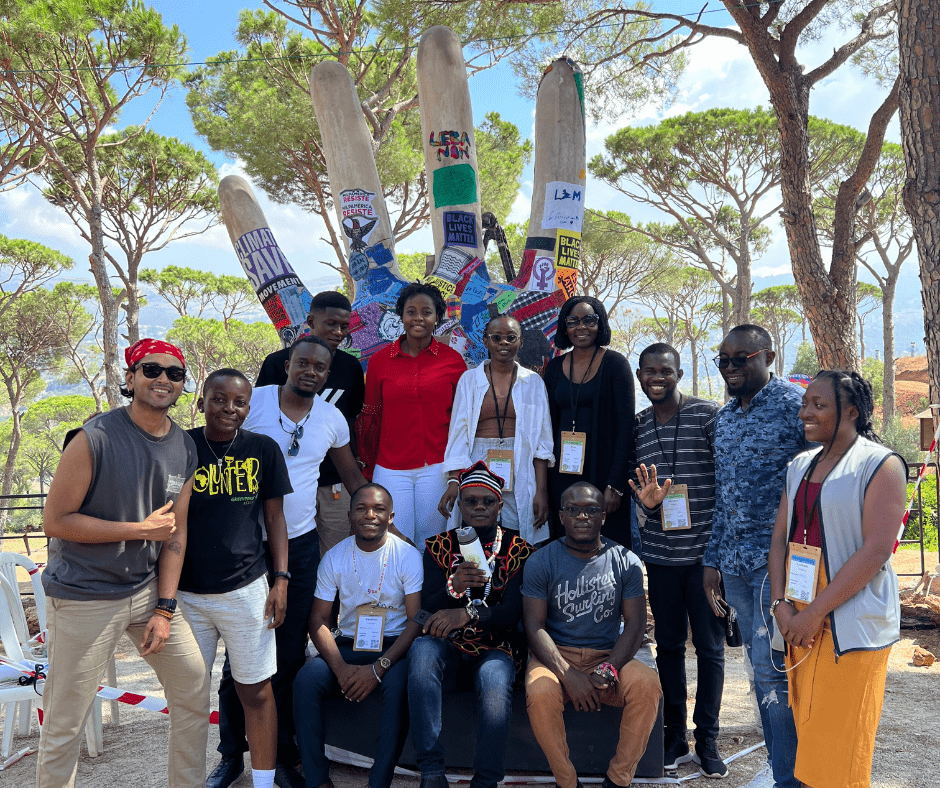
Discussion
Green peace is fighting the greatest fight.This is a fight we believe we must win
The fight of climate change if for all of us and we will win it.
When we all work together.
Hi. How can one be a volunteer to Greenpeace?
Hi Dorcas, please click on the link to fill online volunteer form >>>https://www.greenpeace.org/africa/en/act/volunteers/
I would like to join you people on this matters when it comes to education awareness am wna wildlifer student and at the same time l love nature so when the environment is polluted nature itself will be polluted so l request to join Greenpeace Africa volunteer
Hello, please click on the link and get started https://www.greenpeace.org/africa/en/act/volunteers/
Absolutely imperative. Greenpeace you have my support for the amazing work that you do
Thank you Mira for your support.
Hi. How can one be a volunteer to Green peace?
Hi Dorcas, please click on the link for volunteer online application form >>>> https://www.greenpeace.org/africa/en/act/volunteers/
All corporate companies using plastic bottles for beverages ND mil.. Use glass.. Back to the old days.. Where these were bottled.. In glass
Glass worked in the days when I grew up. Recycling glass was easy. You took your beverage bottles back to the café and got others filled with your favorite beverage. The beverage tasted better in glass bottles.
Safe green solutions, thank you for sharing.
Yes, we totally agree with you Mike. It is time we switch to green alternatives like glass.
As wardcommittee Public Safety ward 21 under Emfuleni Municipality l would like to join volunteers to clean our township and urban areas to collect plastic bag and plastic bottles all over Gauteng Province
Hello Mkoto, please click on the link to get started https://www.greenpeace.org/africa/en/act/volunteers/
#stop the plastics
This
👍
,#stop plastic bottles and bags Start with you and I as from today
We couldn't agree more.
How can be help to clean plastic is every where and pour animals are eating plastic and killed I want to do something
Hello Moanakoena, to be part of the change please join our Greenpeace Africa volunteer community. Please click on the link for online application https://www.greenpeace.org/africa/en/act/volunteers/
Hi Moanakoena, you are welcome to join our Greenpeace Africa volunteers's community. Please click on the link to get startedhttps://www.greenpeace.org/africa/en/act/volunteers/
You encourage me to do more ..Don't give up I work mostly with kids..destitute youth..
It is all our responsibility to educate the youth about dangers of single-use plastic and redirecting them to green alternatives.
Thank you for your support Nadeemah
Weldone guys... Single used Plastic is truly a monster and I'll stop at nothing to also take little steps to help in curbing this menace ravaging especially water bodies and our environment entirely.
Thank you Richard, getting rid of plastic is a collective effort from our communities.
Thank you for your support Richard, Single-use plastic should be ban and greener alternative must be implemented.
Single-use plastic is disruptive and harmful to our environment. This need to stop.
Thanks to chemitei Janet God bless you for taking care of nature,I need to connect to you for more improving as we keep the world clean thank you.
👍
Yeah it's good thing that Kenyan government has done to ban plastic in their country as it doing a big damage to environment. I think all the countries should follow in their steps.
Totally agree Jeffery, we need to break free from single-use plastic products.
You count on my support for ensuring a clean safe environment. We have to keep on starting from an early age of the young generation. we emphasize to them not to copy from the leaving adults of today but to change for a better tomorrow.
Thank you Fatumah for leading by example. keep up the good work.
Le combat n'est pas encore gagné c'est un travail de longue haleine "'communiquer pour le changement de comportement CCC" de ne plus polluer l'environnement par les déchets de sachets et bouteilles plastiques est très compliqué.. Certaines personnes font tout avec les plastiques tout besoin d'emballage est soumit à ces sachets plastics maintenant que faire pour renverser cette tendance
Nous devrions tous passer à des alternatives plus vertes et sûres.
I salute you all the time everyone involved on this noble cause of salvaging mother earth from the ''monster within us' ', read the plastic....
Thank you for your support.
I think it would be good if things goes well as arranged